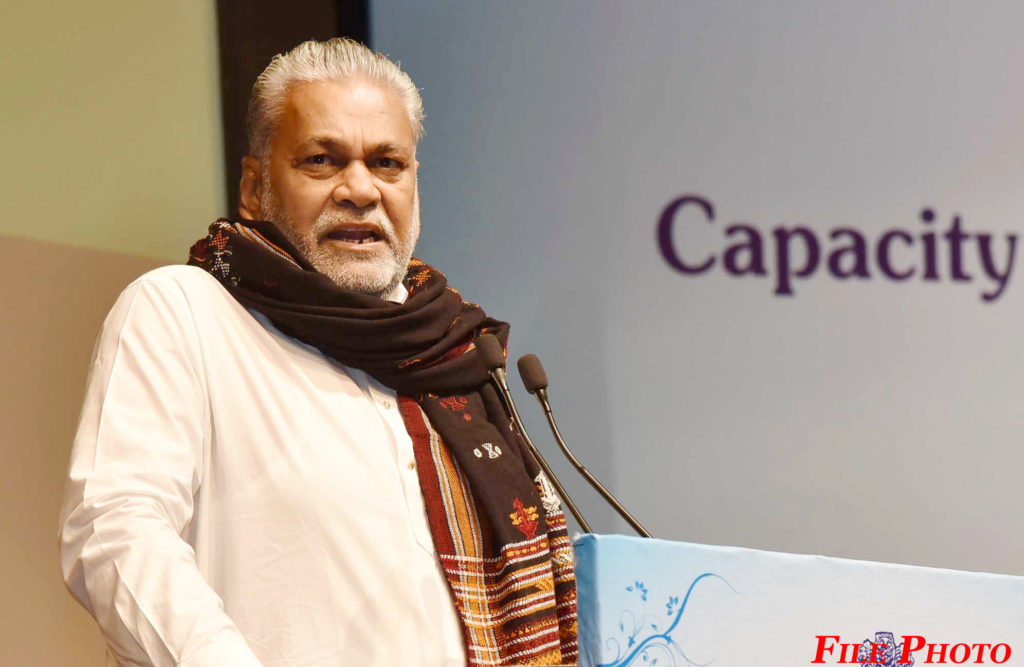Co-operative societies have once again proved their worth by helping to reduce the incidence of crop burning to a great extent in the states of Haryana, Uttar Pradesh and Punjab. According to Minister of State for Ministry of Agriculture & Farmers Welfare Parshottam Rupala paddy residue burning events have reduced by 29.5 percent, 24.5 percent and 11.0 percent in the States of Haryana, Uttar Pradesh and Punjab, respectively.
Earlier, acting on the advice of a PMO Panel which recommended seeking help of co-ops in tackling stubble burning, the Cabinet Committee on Economic Affairs gave its approval for promotion of Agricultural Mechanization for in-situ management in Punjab, Haryana and Uttar Pradesh and NCT of Delhi.
In order to support the efforts of the state govts, a new Central Sector Scheme on ‘Promotion of Agricultural Mechanization for In-Situ Management of Crop Residue was launched for the period from 2018-19 to 2019-20. It has also been launched with the total outgo from the Central funds of Rs. 1151.80 crore.
During 2018-19, the funds amounting to Rs. 269.38 crores, Rs.137.84 crores and Rs. 148.60 crores have been released to the Government of Punjab, Haryana and Uttar Pradesh respectively for distribution of in-situ crop residue management machinery to the farmers on subsidy.
It bears recall that all the secretaries of 3,485 cooperative societies across the state of Punjab were put on the job of checking stubble burning in 8000 paddy growing villages of Punjab. It is estimated that 15 million tonnes of paddy straw is burnt by farmers for early and easy clearance of the fields.
Side by side, the Ministry of Power had brought out a policy for biomass utilization for power generation through co-firing in pulverized coal fired boilers in November 2017. In line with the policy Central Electricity Authority (CEA) had issued an advisory to all concerned State Governments, power Plants utilities, power equipment manufacturers and other stakeholders to promote use of biomass pellets.
It was also decided that financial assistance would be given to the State Government, KVKs, ICAR Institutes, Central Government Institutes, PSUs, etc. for the activities to be undertaken towards information, education and communication.
The activities involved mass awareness campaigns through short and long films, documents, radio and TV programmes, demonstration camps at various levels, etc.
